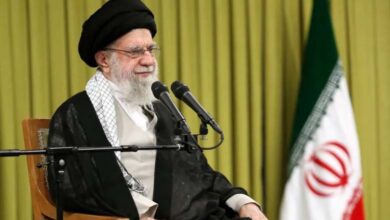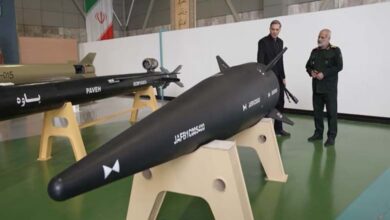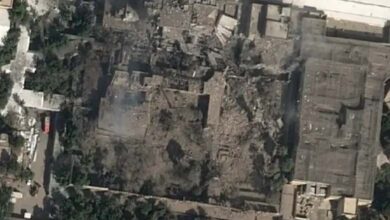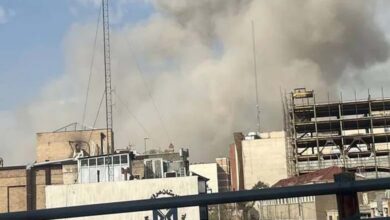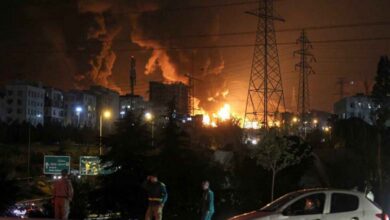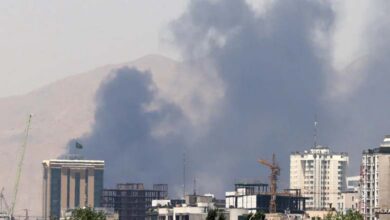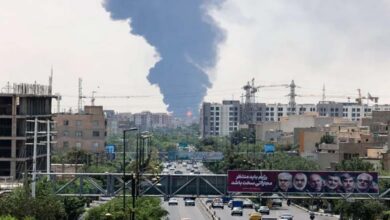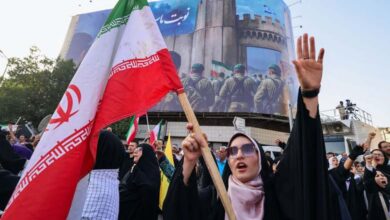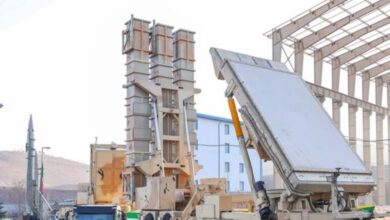Atomic energy resolves disputes with Iran in hopes of returning to the nuclear agreement
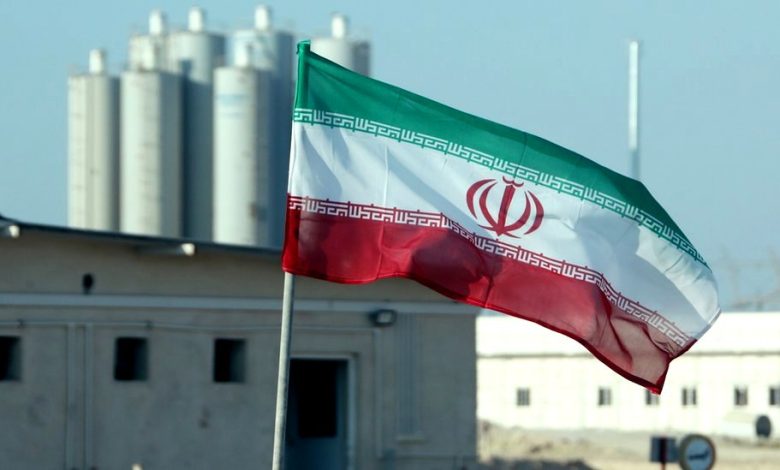
The International Atomic Energy Agency (IAEA) has resolved certain matters related to the nuclear issue with Iran, namely one of three sites being investigated for the presence of uranium particles, Iranian media reported Tuesday. Meanwhile, Western powers are looking to return to the negotiations track to resolve the crisis peacefully, with fears mounting that Tehran may reach enrichment levels close to the production of a nuclear bomb.
A source told the semi-official Mehr News Agency that what it described as the alleged case of the IAEA regarding the effects of 83.7 degree uranium particles was over.
The IAEA is scheduled to issue quarterly reports on Iran this week ahead of next week’s regular meeting of its 35-nation board of governors.
In March, the IAEA successfully pushed Iran to comply with some of its nuclear obligations. Iran agreed to restart surveillance cameras at several nuclear sites and increase the pace of inspections during a visit by the agency’s president, Rafael Grossi, to Tehran and a meeting with President Ibrahim Raisi.
Iran has been accused of increasing uranium enrichment at high rates in violation of the nuclear agreement. According to an unpublished report by the International Atomic Energy Agency, particles of uranium enriched to 83.7%, just short of the 90% needed to produce an atomic bomb, were found at the underground Fordow plant, a hundred kilometers south of the capital, Tehran.
Iran, which denies seeking to acquire a nuclear weapon, justified the order by pointing to “involuntary fluctuations” during the enrichment process, at the same time confirming that it “did not make any attempt to enrich by more than 60%”.
The US Defense Department has warned repeatedly that Iran could build a nuclear bomb within 12 days, while Israel has threatened to launch attacks on Iranian nuclear sites to prevent it from developing a nuclear weapon.
Washington has sought to end the nuclear crisis by striking a partial deal with Tehran that would freeze uranium enrichment to 60 percent in exchange for easing sanctions on Iran, such as lifting a $7 billion freeze on South Korean bank accounts.
The 2015 deal provided for easing international sanctions on Iran in exchange for curtailing its nuclear activities.
“The restrictions set out in the deal, including the 3.67% enrichment threshold, were intended to prevent Iran from developing a nuclear weapon.”
“The United States withdrew from the deal in 2018 under President Donald Trump and reimposed sanctions on Iran, gradually pushing Tehran back from its commitments.”
“Negotiations to revive the deal began in 2021, but have been stalled since last year.”


